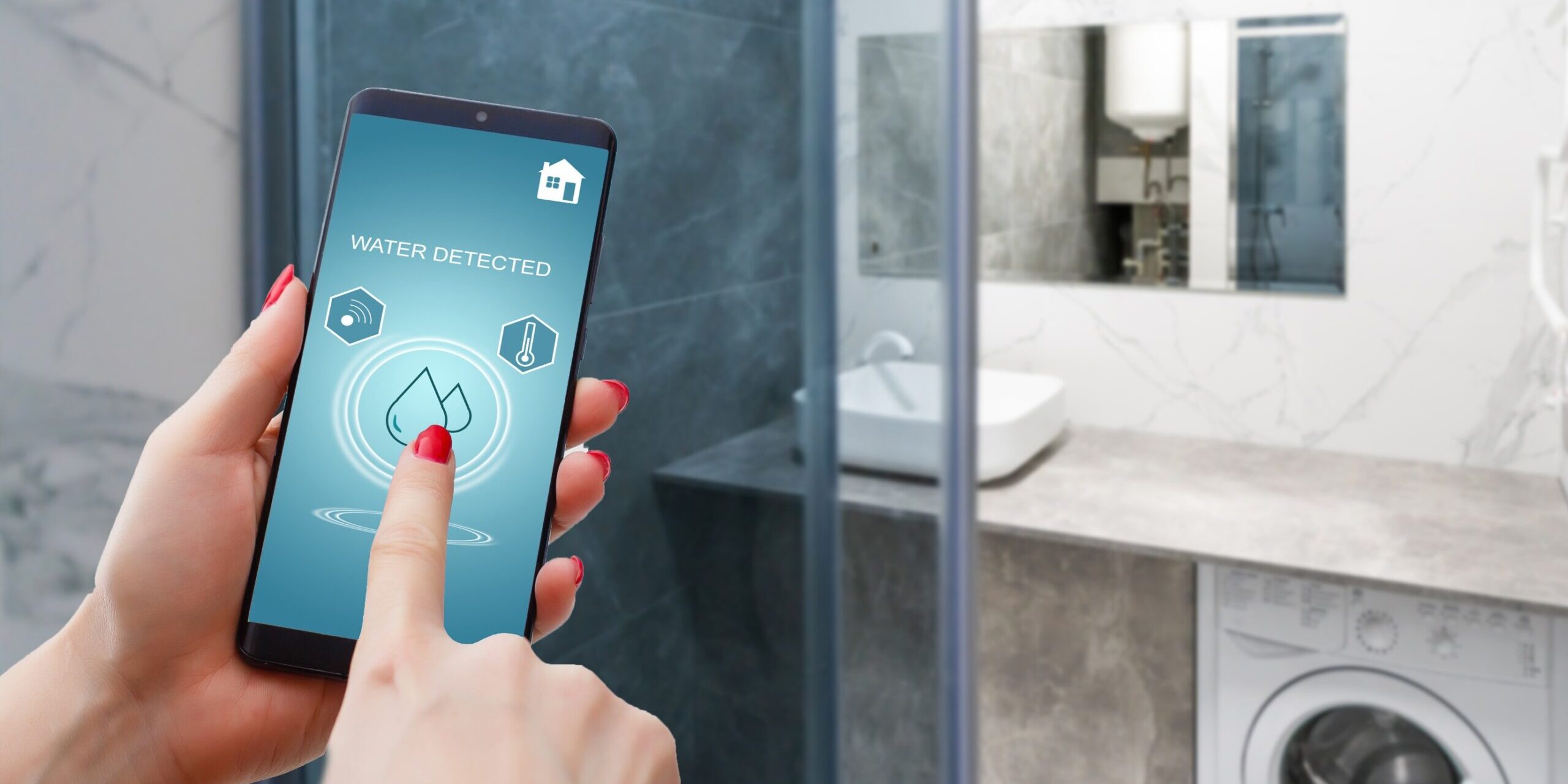Water is an essential resource. But it can also cause significant damage when it goes where it shouldn’t. Whether it’s a leaky pipe, a malfunctioning appliance, or a flooded basement, water can wreak havoc on your home and belongings if left undetected. It is where water sensors come into play. Water sensors are innovative devices designed to alert homeowners and property managers to the presence of water in areas where it shouldn’t be. In this article, we’ll explore water sensors, how they work, and their benefits in safeguarding your property.
What Is a Water Sensor?
Water sensors, also known as water leak detectors or water alarms, are small electronic devices that detect the presence of water or moisture in their immediate vicinity. They are typically placed in areas prone to water leaks or flooding. These places include basements, bathrooms, laundry rooms, under sinks, near water heaters, or around appliances like washing machines and dishwashers. When water comes into contact with the sensor, it triggers an alert to notify the homeowner of the potential water issue.
How Do Water Sensors Work?
Water sensors employ various technologies to detect water or moisture. Some common types of water sensors include:
1. Conductive Sensors: These sensors use metal probes or conductive materials to create a closed circuit. When water bridges the gap between the probes, the circuit completes, triggering an alert.
2. Absorbent Rope Sensors: Made of absorbent materials, these sensors swell when they come into contact with water. The expansion triggers the alarm.
3. Spot Sensors: These compact sensors have a small detection area and are ideal for detecting water in localized spaces, like under appliances.
4. Probe Sensors: Probe sensors have extended leads or cables, allowing them to reach tight spaces and sense water leaks from a distance.
5. WiFi-Enabled Sensors: Modern water sensors can connect to home WiFi networks, allowing homeowners to receive real-time alerts on their smartphones or smart home systems.
Benefits of a Water Sensor
1. Early Leak Detection: Water sensors provide early detection of leaks, allowing homeowners to address the issue before it escalates into significant water damage.
2. Protection of Valuables: Water sensors help protect belongings from water damage by detecting leaks in basements or near valuable items.
3. Preventing Mold Growth: Quickly identifying water leaks can prevent mold growth, which can cause health issues and property damage.
4. Peace of Mind: Water sensors provide homeowners with peace of mind, as they know potential water issues will be promptly detected and addressed.
5. Cost Savings: Timely leak detection can save homeowners from expensive repairs and water damage restoration expenses.
Conclusion
Water sensors are indispensable devices that protect your property. By detecting water and moisture before they cause significant damage, they help prevent costly repairs, protect valuables, and maintain the overall integrity of your home. Whether you opt for a simple spot sensor or a WiFi-enabled smart sensor, investing in a water sensor is a wise decision that can save you from possible headaches and expenses in the long run. Consider installing water sensors in critical areas of your home to enhance their safety and preserve their value.








